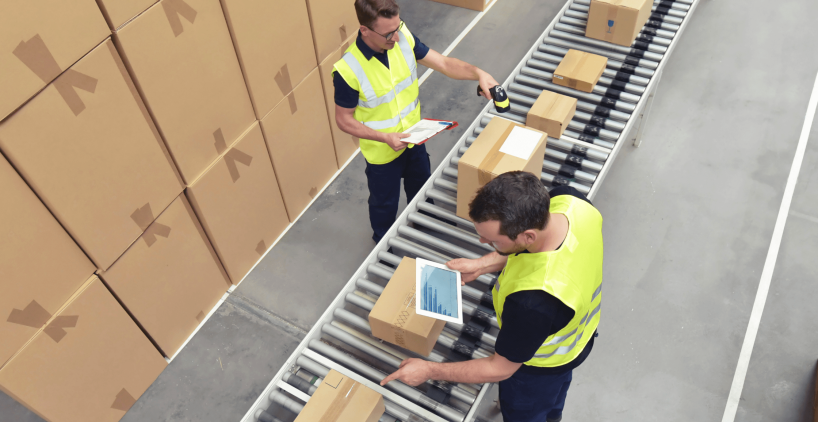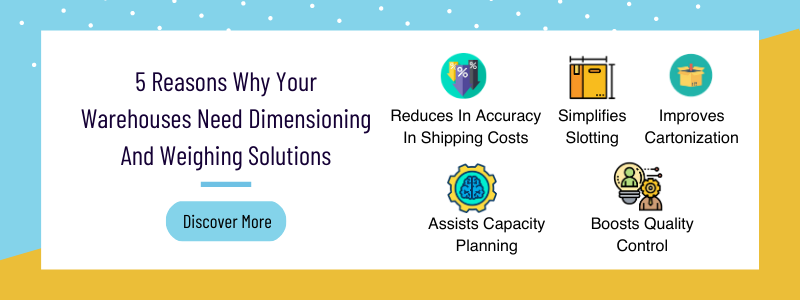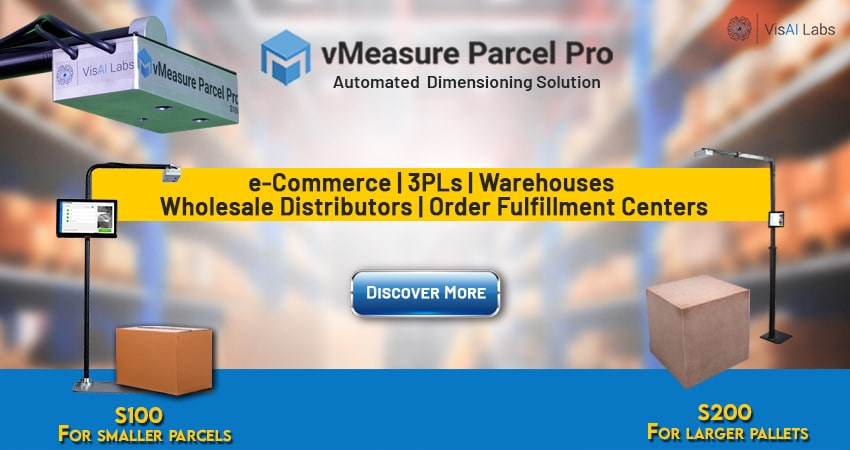Summary
- Logistics Specialist – To deeply Understand the recent industry trends in Supply Chain and Logistics vertical.
- Warehouse Automation Manager – To find out how AI is improving warehouses and how AI can make their jobs more manageable.
- Operations Specialist – to improve productivity through automation also to boost the business workflow.
eCommerce Pop-up Turned A Gamechanger Among Warehouse Business
Paving the way for warehouse automation
- Increased warehouse potency: Includes – maximizing and optimizing all available space, organizing the workspace, and optimizing the labor efficiency in the warehouse.
- Enhanced inventory control: The traditional method of handling inventory is a herculean task; with the right automation, we can track and record the product details until it reaches the customers’ doorstep.
- Decreased human errors: It is common to have hand-held mistakes, but not all the time. Spending unnecessary shipping charges due to incorrect dimensional data would be a giant trap. To mitigate the excessive shipping tariffs, we need to enable a suitable automation technology in the warehouse.
Quality control for a potential warehouse
1. Misspelled words, labels, and illustrations:
2. Invalid barcodes and shipping mappings:
- Dimensioning information (length, breadth, width, and height)
- Customer name
- Order number
- List of items placed inside the package
- Warning and labeling details, along with its illustration.
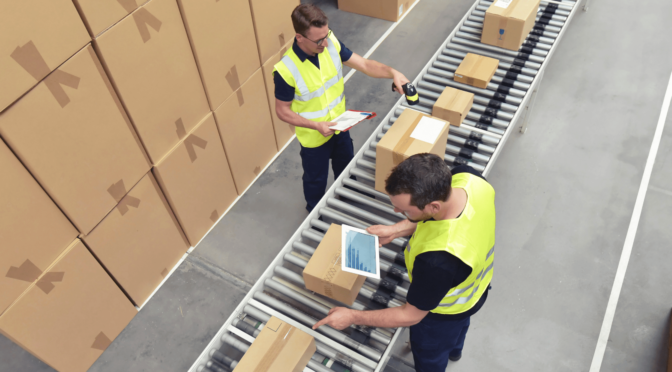
2. Careless packing method:
Deploying AI-enabled defect inspection in the warehouse
Type of inspection: You need to classify which kind of detection your vertical need to undergo, either it is a real-time inspection or the deferred one.
Extract the relevant information: It is indispensable to accumulate a massive amount of data to train the AI model dependent on business use-cases.
Drone
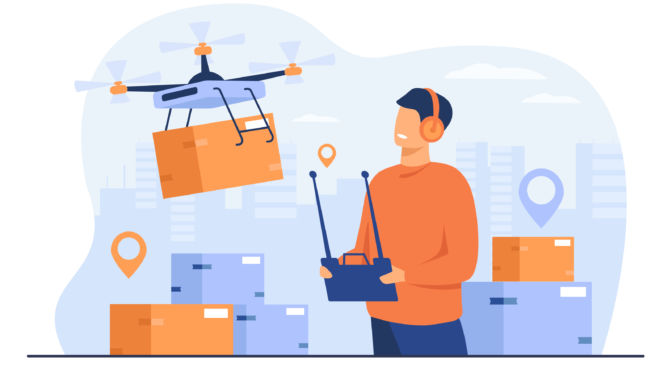
- Leverage top-notch video and image capture to fabricate a real-time landscape of warehouse operations.
- Scans the barcode of each pallet and estimates the in-house and delivered product details.
- Save the real-time available data reports in the dashboard.
- Navigate the exact location products placed within the warehouse
- Perform roofs, floor, and defect detection
- Manages the overall warehouse inventory reports and performs day by day repetitive undertakings
Automated dimensioning systems
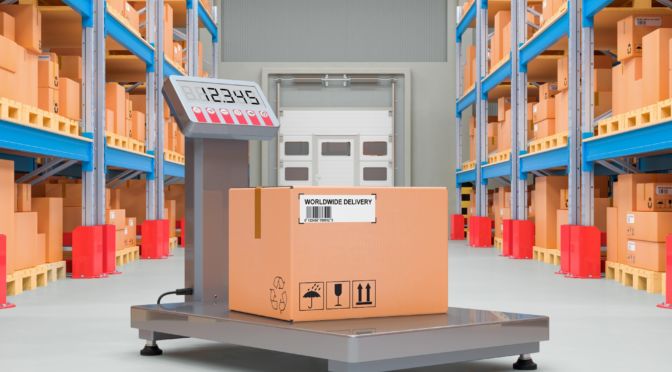
The pallet or freight dimensioners aids in estimating the dimensional data of large pallets, which is mostly deployed in the largescale industries to perform operations faster. The parcel dimensioners help to calculate the dimensional information of parcels or packages in less than the second.
Below are four robust reasons to deploy automated dimensioning systems to your warehouse:
- Reduces pointless shipping expense: knowing the products’ dimension in advance can change a lot in the warehouse industry. You can quickly calculate the storage space with the right dimensional information, which cuts down pointless shipping charges.
- Can scaleup slotting and cartonization: with precise dimensional information, we can pack multiple items in a single carton. Once the cartonization process is done, the slotting process takes place. With accurate dimensioning measurements, the slotting process becomes more straightforward.
- Enhanced storage and automation planning: right dimensions can assist in planning the future storage capacity, like extending the racks vertically, utilizing the underutilized space in the warehouse.
- Efficient quality control: by taking care of product quality, you could gain massive trust among the customers, which results in high-level customer satisfaction. The automated dimensioning system cross-checks for defects in the product before the shipment phase.
Conclusion
To discover more, we cheer you to check out our company website on https://visailabs.com/
How can vMeasure Parcel Pro be a lifesaver for warehouses?
- Increased accuracy and operational efficiency
- Improves scalability
- Reduced human errors
- Inspects the quality of products before shipment
- Increased throughput in order-fulfillment centers

